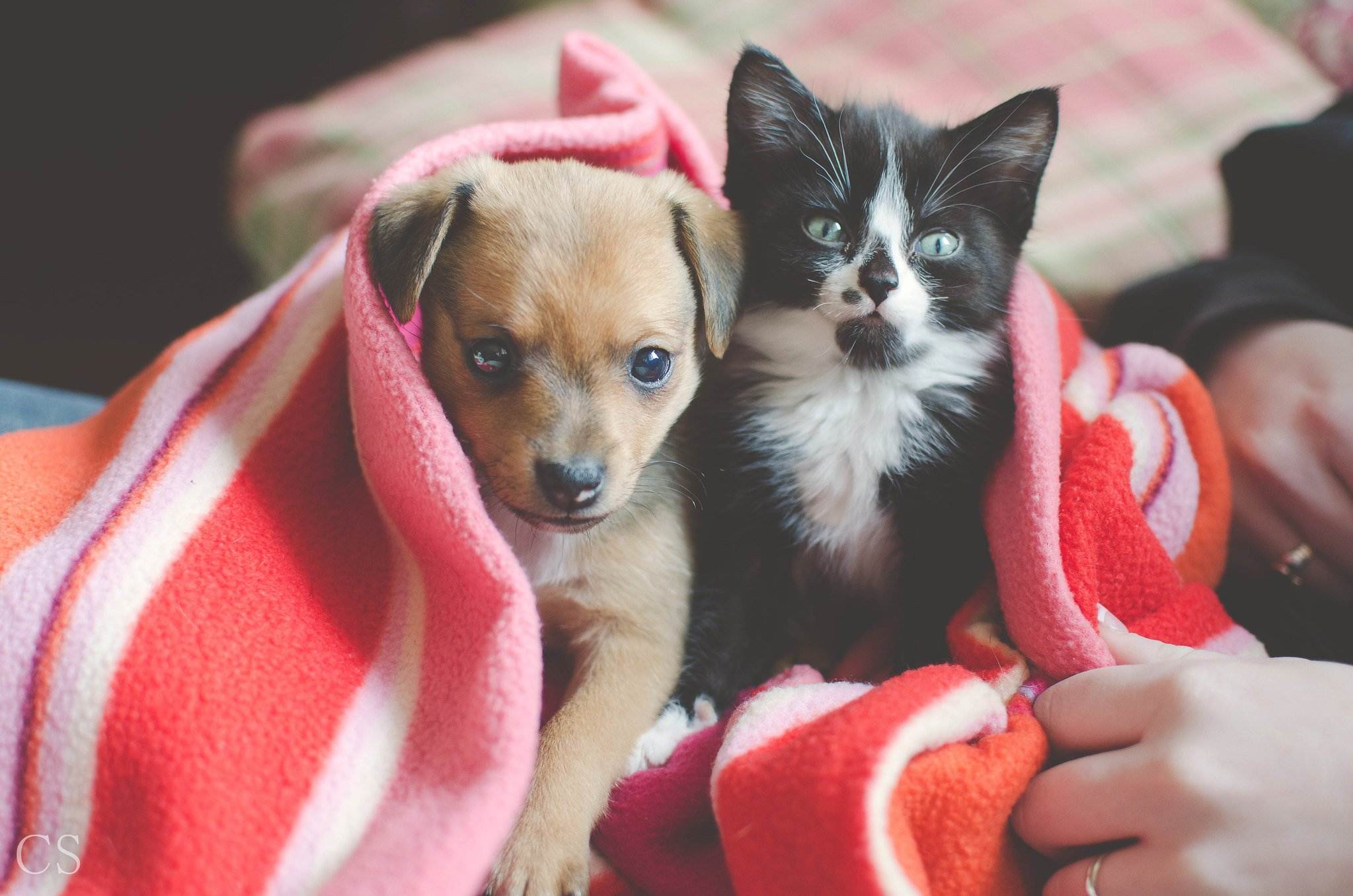The mistreatment and abandonment of pets will be banned from this Friday in Spain because the state's Animal Welfare Law comes into force, toughening penalties, although some elements, such as the introduction of dog ownership courses and civil liability insurance will not immediately be applied, pending the passing of regulations. However, the delay in the application of these aspects is only a temporary "lag" caused by the current 'acting' status of the Spanish government, and the rest of the law will come into force when a new executive is sworn in, according to sources in the Spanish ministry for social rights. The ministry indicates that the regulation has been completely drafted and is pending approval.
What obligations must people fulfill with respect to their companion animals?
- Make them identifiable: dogs, cats and ferrets must be identifiable through a microchip and birds through rings (attached to their feet), although different identification systems will be developed for other species.
- Give the animal the necessary health care to guarantee its health.
- Seek help from a behaviour professional when a companion animal presents problems of social coexistence, especially in the case of dogs. It is mandatory to educate and handle the animal using methods that do not cause suffering or mistreatment of the animal, or cause states of anxiety or fear.
- Complete a training course in responsible pet ownership, free of charge, to learn about the responsibility of having a companion animal. This obligation will initially apply only to dog owners. But for the moment, it is on pause and its date of introduction is not known.
- In the case of dog ownership, it will be mandatory to subscribe to civil liability insurance. Some home insurance policies already have these coverages built in. This rule is also on pause, pending approval.
These animals are considered pets
The list of species that can be pets is as follows:
- Dogs, cats and ferrets.
- The domestic animals that are included in the list that is to be drawn up by the ministry of social rights and Agenda 2030.
- "Production animals", that is farm animals and others normally raised for food, pelts, etc, which are registered as pets by decision of their owner.
- Falconry birds.
- Aquarium animals included in the catalogue of invasive exotic species or protected wild species.
- Animals belonging to wild species included in the positive list, which will be approved by the ministry.
Zero abandonment
The director general of Derechos de los Animales, Sergio Torres, in statements to EFE, explains that the law will guarantee "zero abandonment of companion animals" with the guarantee that they will be considered as "beings endowed with sensitivity in our civil code". He notes that the law establishes two fundamental axes; the first is to fight to eliminate "the scourge of animal abandonment in our country, which we must remember totals around 300,000 every year".
Zero sacrifice
Secondly, the law prohibits the slaughter of companion animals in animal protection centres and they may not be slaughtered due to lack of space or for economic reasons. Euthanasia of companion animals is, however, allowed, to be carried out by veterinarians and under their criteria, in cases in which the welfare of the animal is compromised.
Circuses without animals
Circuses will stop using wild animals in captivity in their spectacles. There will be a transitional period of six months from the entry into force of the law to modify their activity and deliver the animals to wild animal recovery centres or other spaces that guarantee their well-being.
Pets on public transport
The law favours the entry of pets onto different types of transport. In the case of public taxi services or ride-share vehicles with a driver, the law will facilitate entry on a discretionary basis. Shipping companies, airlines and railway operators will have to adopt measures to facilitate the access of pets, with the owner being required to respect security measures that are in place, ensure the correct behaviour of the animal and ensure that it has the appropriate hygienic and sanitary conditions.
Breeding and purchase of animals
If owners of an animal, at a given time, want to breed their pet, they can do so but with prior registration in the Register of Breeders and the pet must be registered as a breeder in the Register of Companion Animals. As well, all permitted animals can be purchased in shops, with the exception of dogs, cats and ferrets, which can only be purchased from their breeder. Dogs, cats and ferrets under 4 months of age can only be purchased from the breeding centre where they were born, while those over this age can be purchased from any other breeder.
In the first 12 months after the entry into force of the law, shops where dogs, cats and ferrets are currently sold may continue to do so, as the law includes a transitional period for the adaptation of these establishments. In addition, the sale of animals by internet will also be prohibited as the law aims to prevent illegal trafficking and ensure the welfare and safety of animals.
A maximum time on their own
A pet may not be left unattended for more than three consecutive days. In the case of dogs, this period cannot exceed 24 consecutive hours. So, the animal must be supervised; it can be under the care of a family member, a hired professional or other options that guarantee their well-being.

